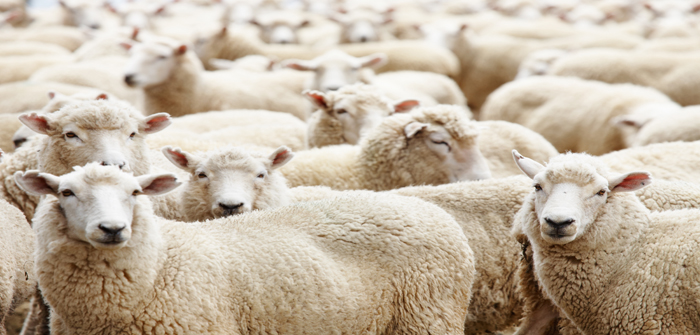With so many potential risks to consider when bringing sheep into a flock, the Sustainable Control of Parasistes in Sheep (SCOPS) group has created new resources to help vets and advisors better assist their farmer clients.
The six-step guide provides clear steps on parasite risk assessment, finding information on tests and treatments available and best practice. There are also calendar-based examples covering different scenarios, together with a blank calendar that can be customised for individual farms.
It is all homed in a specific section on the SCOPS website, which is located HERE.
Speaking on behalf of the SCOPS Steering Group, Lesley Stubbings said: “Flocks are at their most vulnerable when sheep are brough in from elsewhere. Many of the disease threats are not visible so protection relies on a combination of treatments and testing.
“However, there are so many different parasites to consider that an effective quarantine protocol can look complex and off-putting.
“With help from their vet or advisor, sheep famers can put a workable, effective plan that will safeguard their flock from the threats in-coming sheep pose – which is why SCOPS has put considerable effort into creating these new resources to arm vets and advisors with accessible information.”
Quarantine testing and treatment for parasites is complicated because there are anthelmintic-resistant worms, liver fluke and sheep scab to consider – and it is also vital that the steps are applied to all in-coming sheep.
This includes those purchased from other flocks (including rams) and sheep returning from grazing on other farms (or common grazing) where the resistance status is unknown or likely to be different from the home farm.
Kevin Harrison, a Gloucestershire sheep farmer and chairman of SCOPS, added: “An important new element in the SCOPS materials is the application of the sheep scab ELISA test, developed by Moredun. The blood test is quick, inexpensive and reliable and can pick up exposure to sheep scab from as little as two weeks after infection.”
Preventing sheep from mixing while the test is carried out makes the isolation period vital, but avoids unnecessary treatments while safeguarding the home flock from any in-coming sheep.
Mr Harrison continued: “It is a fantastic new tool for the industry and adds a new element to the SCOPS advice. However, we appreciate it can be difficult for farmers – so hope accessible guidance aimed at their vets and advisers will provide the support they need.”
The six-step guide for roundworms, scab and fluke includes risk assessment, treatment, isolation, testing, joining the flock and, where appropriate, retreatment. It includes guidance for low and high risk scenarios for the different parasites, as well as working calendar examples of how the different steps will look for different risk levels at a practical level.


